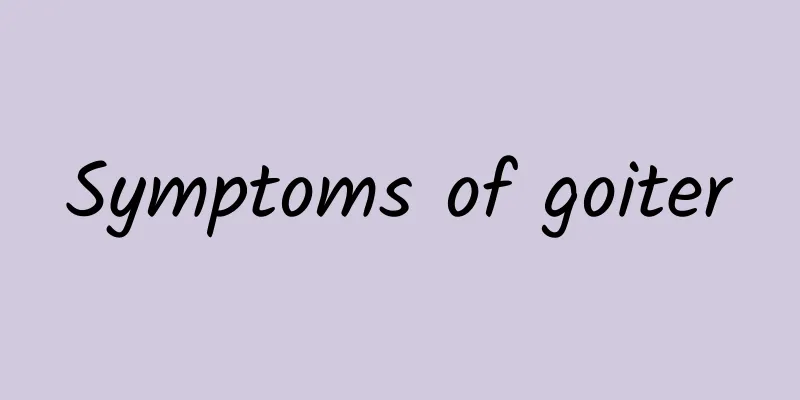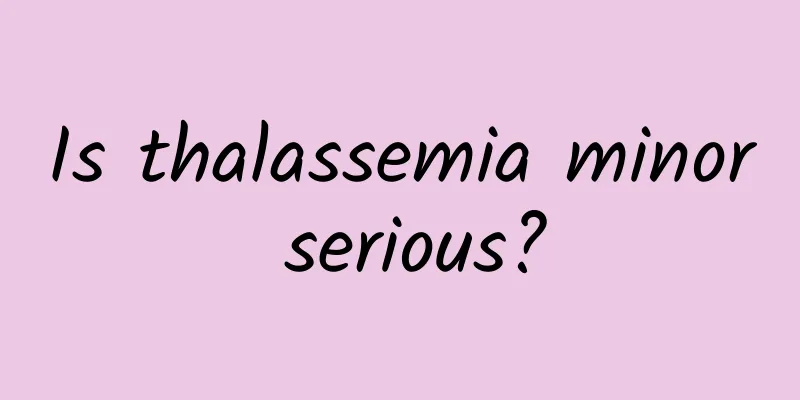What to do if you have no appetite for food

|
Loss of appetite and lack of taste for food are quite common in our daily life. There are many causes for this condition, such as colds, psychological reasons, etc., which may all cause this condition. If you have no appetite and lack of taste for food, you should first adjust your diet and eat more foods that can stimulate appetite. You should eat small meals frequently and eat more fruits and vegetables. In addition, you should promote metabolism, drink plenty of water, prevent constipation, and try to eat less greasy food. What to do if you have no appetite for food First of all, you must have a regular and reasonable meal time to ensure that you have three meals a day. You cannot skip meals for one meal due to work and life reasons, or eat delicious food and skip unpalatable food. This will cause you to lose your appetite or have no appetite. Drink more water and eat more fruit. If you can't eat anymore, it may be because you are getting too hot. You can drink more water and eat some heat-clearing fruits in moderation. This will help reduce heat and increase appetite. If you can't eat after eating too much greasy food, you can eat some coriander. Coriander can help to relieve greasiness and coldness, and also aid digestion. Pay attention to your emotions. Sometimes the inability to eat is directly related to the usual nervousness, irritability and excessive fatigue. At this time, you should pay attention to adjusting your mood and relaxing, which will help increase your appetite. Eat some appetizing food. When you have no appetite, you can eat some vinegar or spicy food during meals. This can stimulate your appetite and help increase your food intake. Why do I have no appetite? 1. Fatigue or tension. Generally, office workers may suffer from temporary loss of appetite due to fatigue or mental stress, which is a relatively mild phenomenon. 2. Overeating, overdrinking, lack of exercise and chronic constipation are also factors that cause loss of appetite, but you should pay attention to some hidden dangers, such as loss of appetite for no reason, continuous loss of appetite, etc. 3. Mental factors: wanting to maintain a slim figure, not wanting to eat, resulting in a significant weight loss, and therefore refusing to eat. 4. Pregnancy: Women in the early stages of pregnancy or due to the side effects of oral contraceptives may also experience loss of appetite or vomiting. 5. Disease factors: Loss of appetite usually makes people directly associate it with gastrointestinal problems, such as chronic gastritis, gastric slowness, and gastric cancer, which may all cause such symptoms. Early symptoms of liver disease can also cause long-term loss of appetite. In fact, loss of appetite due to liver disease is often extreme, and in severe cases there is no appetite at all. With a little attention, the patient's relatives and friends can see that the patient has a serious aversion to food. |
<<: How to deal with women's puffiness
>>: What to do if the wound turns red after healing
Recommend
Efficacy and function of Senecio
You may not know that Senecio serrata, its alias ...
How to maintain health during the Jingzhe solar term
In fact, health care is very important during the...
What to do if you have a cold and headache
Colds are very common. They do not cause much har...
.There is a tumor in my stomach
Nowadays, tumors are no longer a rare disease. Th...
Learn more about what to eat for myelofibrosis
As we all know, bone marrow is the hematopoietic ...
Traditional Chinese medicine treats high prolactin and has good effects on deficiency and excess treatment
High prolactin is clinically known as hyperprolac...
What is the cause of tinnitus in the right ear? What causes tinnitus?
Tinnitus is familiar to many people. It is an abn...
What kind of insect bites will cause blisters?
As we enter spring and summer, with the singing o...
How to use Glauber's Salt to reduce milk production
Glauber's salt is a sulfate mineral, and it i...
Can I use moxibustion to remove the residue after medical abortion?
After medical abortion, you should pay more atten...
Traditional Chinese Medicine Treatment of Rheumatism
Rheumatism is still relatively common in the real...
Cure 10 diseases in 1 minute
1One minute cough relief Press the Jiaosun point ...
Nature and flavor of Alisma orientalis
Alisma is a cold herb with a sweet and light tast...
Can I drink white vine for a long time?
Can I drink white-haired vine for a long time? Wh...
How to Treat Varicose Veins
Varicose veins are actually a chronic disease. Th...









